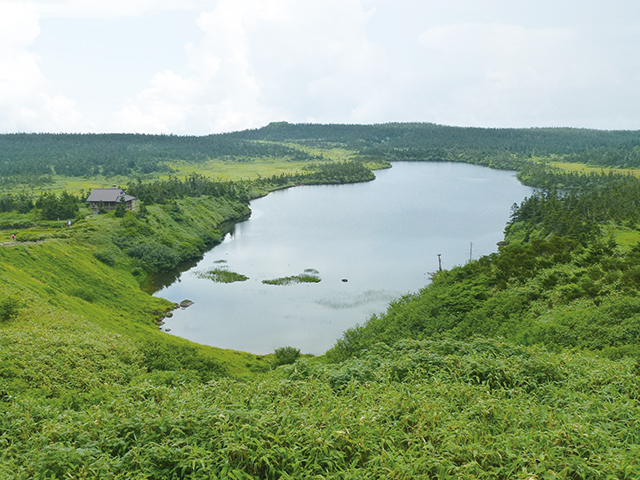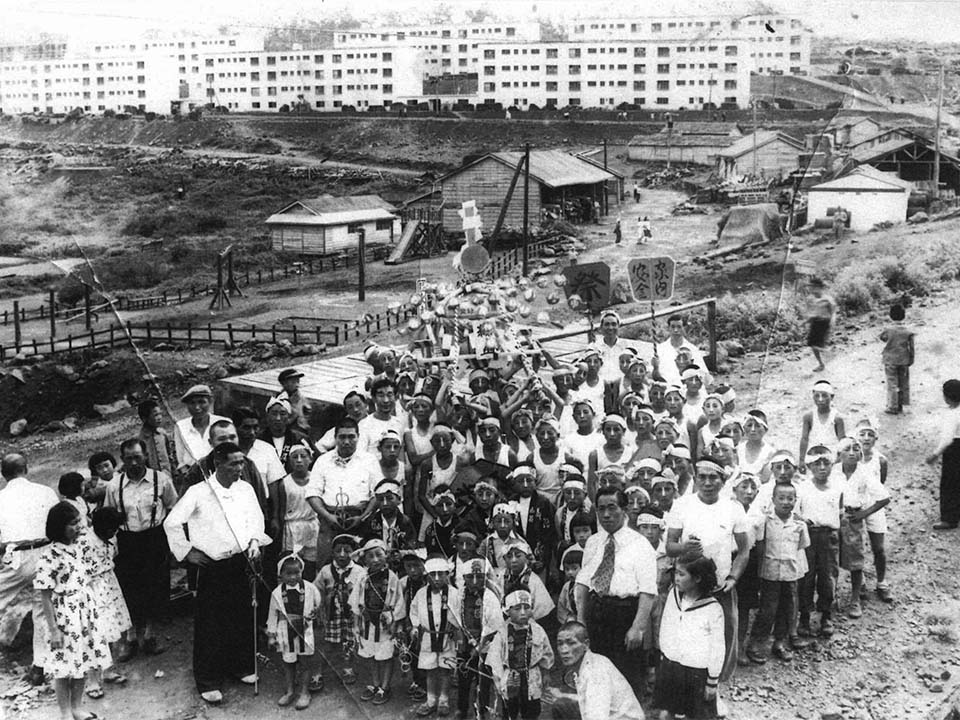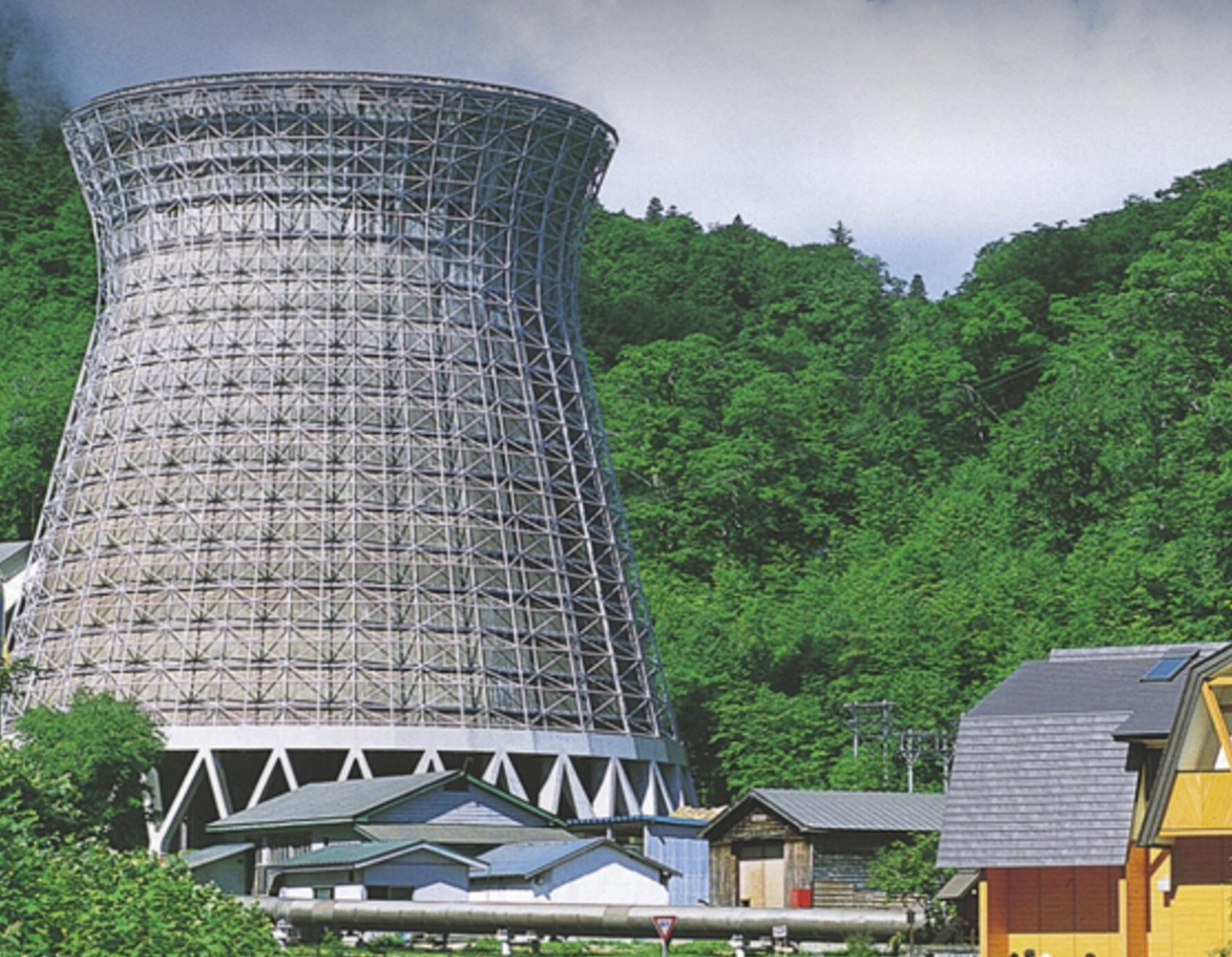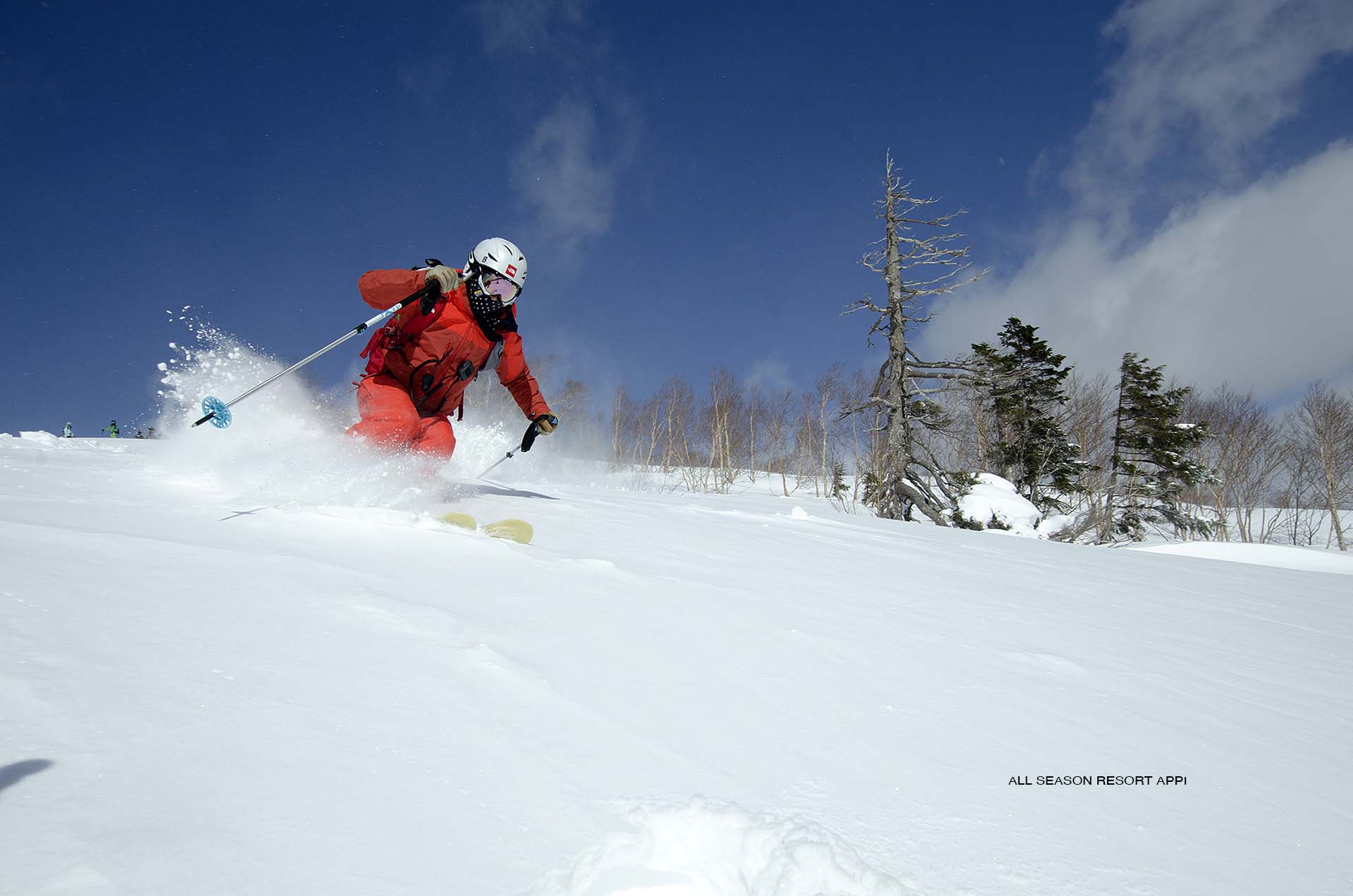History of Hachimantai
Let me talk about the history of Hachimantai. Tourism in Hachimantai is a history of regeneration and wellbeing, and I would like to talk about how the promotion of tourism in the region will help build the future.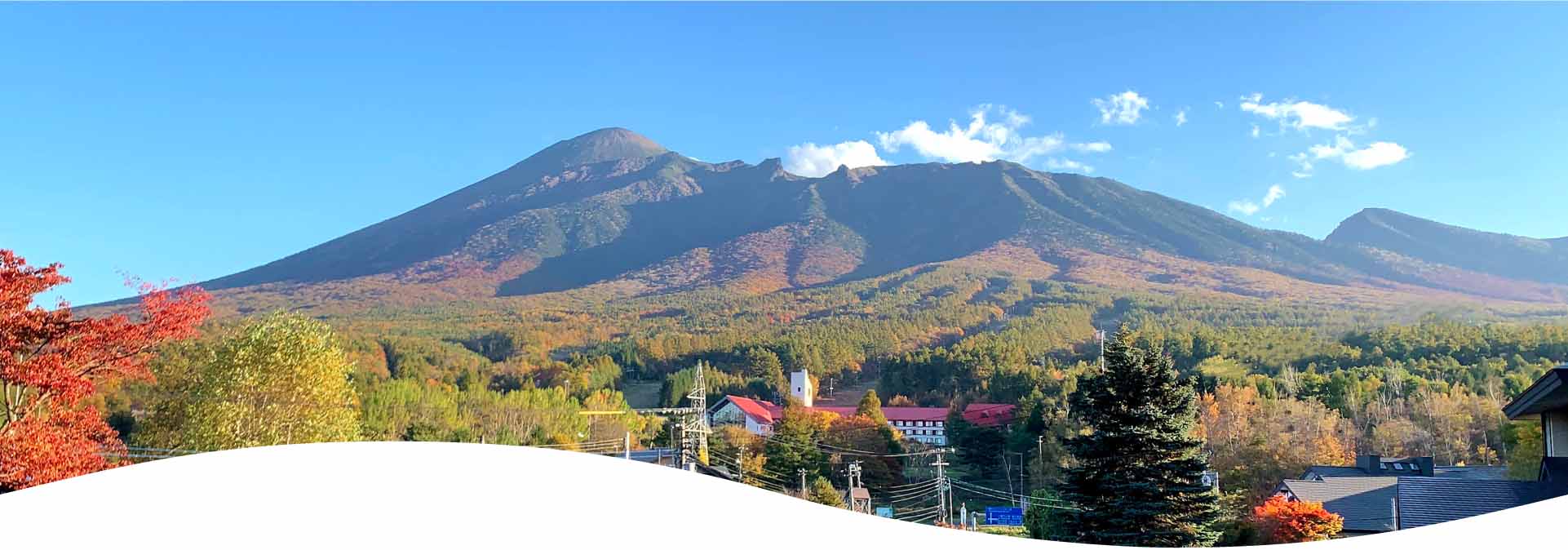
ancient times
Now designated as Towada-Hachimantai National Park, the area is surrounded by rich nature, symbolized by Mt. Iwate, and was a place of prayer for the Jomon people. In ancient times, there was a stronghold of a people called Emishi, but for a long time it was a mysterious land covered with forests.
Bakumatsu - "Paradise Above the Clouds" brought by Matsuo Mine, the best mine in the East
Hachimantai first came to the forefront of history at the end of the Edo period. The sulfur mine discovered here eventually became the Matsuo Mine, the largest mine in the East, and supported the modernization of Japan. The 13,000 miners who lived here lived on the mountainside, surrounded by state-of-the-art housing facilities and ample recreational amenities, and the area was called "paradise above the clouds. This wealth of miners gave birth to Hachimantai's tourism culture of mountain climbing and skiing.
Decline - Closure and decline
However, with the development of petrochemicals and the availability of sulfur refined from heavy oil, the business performance deteriorated and the mine was closed in 1969. There was no one left to neutralize the highly acidic mine waste water that continued to flow, and for a time this led to an environmental problem that killed the fish in the Kitakami River. The Iwate Prefecture and local people have since promoted the restoration of the mountain through neutralization treatment and afforestation, and this continues to this day.
Japan's first geothermal power plant brought about by mining technology
Meanwhile, the human resources and technology of the mine brought Japan's first geothermal power plant to the area. This geothermal power plant supplied not only electricity but also steam to the region, and the hot springs from which the steam was reduced formed the Hachimantai Resort. Steam is also used for agriculture and crafts such as geothermal steam dyeing, and there is no other region in the world where geothermal steam is so closely linked to urban development. In this way, a sustainable resort where geothermal energy is circulated was formed.
And to Rebirth
Later, Recruit Co. opened the world-class resort, the Abe Kogen Ski Resort, which became the most vigorous ski resort at a time when Japan was at its most vigorous in its history. Here, people who dreamed of a resort lifestyle opened pensions and guest houses, practicing a lifestyle in harmony with nature. Hachimantai, with its geothermal circulation and lifestyle in harmony with nature, attracted the next generation of immigrants who were seeking to solve social issues and pursue wellbeing after the Great East Japan Earthquake. Geo Farm Hachimantai, which uses profits from mushrooms grown at temperature controlled by geothermal heat from horse manure compost that is aged by geothermal heat to help racehorses that are in danger of being slaughtered, Dawn Brewery, which is thinking of creating a world friendly to people and nature with organic beer made with geothermal electricity and Hachimantai's famous Kanazawa fresh water, and physically challenged people The Maya Sustainability, which uses geothermal power to grow basil with the physically challenged, and the Abiko Kogen Furusato Club, which is working to restore the grassland landscape and ecosystem of the Naka Makiba, formed by grazing horses 1,000 years ago, are also active in cooperation with tourism.
The Future of Hachimantai and Our Efforts
This is a "regenerative" initiative that has been gaining attention recently by people who sympathize with the happy lifestyle that began at the Matsuo Mine and is now at the forefront of geothermal circulation, even though it faces a major environmental impact crisis. This will lead to the realization of wellbeing in the modern sense of the word. The Hachimantai DMO aims to be not only a sustainable but also a regenerative tourist destination, supporting such initiatives and creating opportunities for many people to participate in these activities. We hope to create a tourist destination where staying at an inn in Hachimantai and playing in Hachimantai will bring people into contact with Hachimantai's nature, and where feeling and thinking about it will lead to the wellbeing of individuals, society, and the earth. This website aims to introduce such experiences and accommodations in the future.


